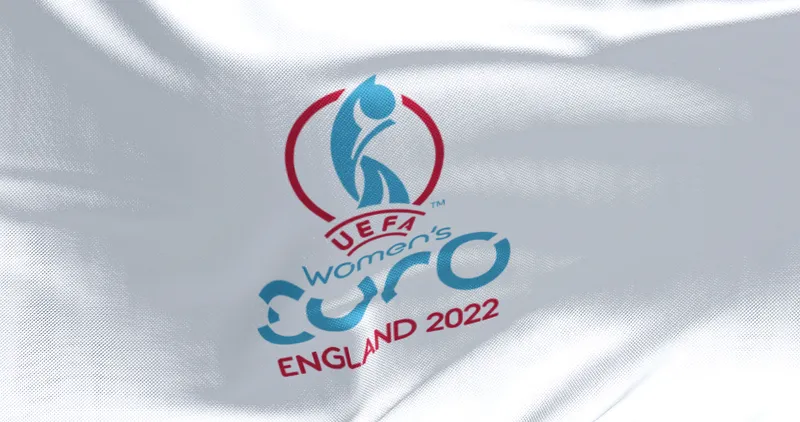
Space technology is being used to manage road traffic at the UEFA Women’s Euro 2022 football tournament, which is underway now in the UK.
ITS Equant, a project managed by a consortium of Valerann and Excelerate Technology, funded by the European Space Agency, has been chosen for a pilot by England’s Milton Keynes Council.
The influx of thousands of extra people into any area for sports matches or live music events puts significant strain on road networks and gives local authorities a headache in terms of safety, congestion and emissions.
With than half a million tickets are expected to be sold for the entire Euro 2022 tournament, and four matches - including both semi-finals - taking place at the Milton Keynes Stadium, there is potential for significant disruption.
Excelerate’s satellite-enabled CCTV cameras, which record primary road traffic information, are combined with Valerann’s AI-driven data fusion platform, Lantern by Valerann. This ingests data from fixed road infrastructure, floating cars, social media, mobile apps and legacy sensors, so together the technologies provide a real-time picture of road conditions, enabling authorities to make informed decisions about traffic management.
The companies say their technology is cheaper than satellite-enabled advanced traffic management systems (ATMS) which, while demonstrating 20% reductions in congestion and 35% reduction in accidents, can be costly to roll out.
The ITS Equant consortium says its satellite-enabled ATMS is suitable for a wide range of deployments – from roads around busy stadiums to highways serving communities in the remote Highlands of Scotland.
“The solution proposed and implemented by Valerann is an excellent showcase of how integrated connectivity and data analytics can deliver innovation and help solving burning issues of municipalities and citizens," says Rita Rinaldo, head of the Partner-led and Thematic Initiatives Section, ESA Space Solutions.
"Increasing road safety, reducing congestion and CO2 emissions are challenges that are even more pressing on the occasion of events like the UEFA Women’ s Euro 2022."
“We are honoured to have the opportunity to enable Milton Keynes Council to enhance efficiency in road traffic management for the duration of a landmark sports event,” says Gabriel Jacobson, CEO of Valerann.
“We are pleased to see that by being able to extract value from road data in real time, we provide road traffic operators with powerful insights for their resources optimisation”.










